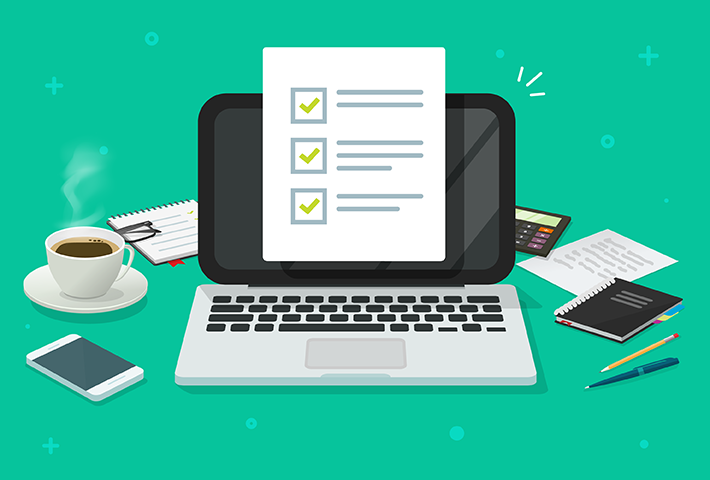4 minute read
As your life changes, your financial plan will too
Every year, it’s important to set time aside for a financial checkup in which you review the most important elements of your financial plan. At First Foundation Bank, we give you the tools to track your progress, identify potential problems, and adjust your plan as needed to strengthen your financial health over the course of the year. When you perform a financial checkup, the main things you’ll address include your budget, savings, debt, taxes, and estate plan. Here’s a closer look at how to get started.
Review income and expenses
Have your income and expenses changed over the course of the year? If your income is higher, consider where that extra money will do the most good, whether that’s saving it in an emergency fund, using it to pay down debt, or investing it. If your income has been reduced, or if you struggled to pay the bills last year, head off a cash shortage by looking for ways to trim expenses. If necessary, consider adjusting your savings and debt repayment goals to match your income level.
Shore up your emergency fund
If you have yet to begin saving in an emergency fund, consider making that a priority. We recommend a plan to save three to six months of necessary expenses to carry you through hard times, such as job loss or illness. If you already have an emergency fund and dipped into it over the past year, make a plan to replace the money you withdrew.
Take stock of your debt
How well are you doing when it comes to managing your debt? Have your debts increased or decreased over the past year? Perhaps you’ve taken on so-called “good” debt, such as a mortgage, that may increase your financial health. Or maybe you’ve taken on less helpful debts, such as high-interest credit card bill. If you’re in the latter category, consider putting extra money toward paying down that bill so you can free up cash to devote to other goals.
If you have discharged one or more of your debts, you can prioritize the debts left to pay off. You may want to focus on the loan with the highest interest rate to lower future expenses. Or you could focus on paying off the loan with the smallest balance, to clear debts from your balance sheet as swiftly as possible.
Consider tracking your debt by monitoring your debt-to-income ratio, which you can calculate by dividing your total monthly debt by your monthly income. The lower the ratio, the healthier your finances. And if the ratio starts to creep up, you’ll know to turn extra attention to your debts.
Stay on pace for retirement
Review your retirement plan and savings. Are you taking advantage of the retirement plan your employer offers, such as a 401(k)? Be sure to save enough to qualify for any matching funds your employer offers, and max out your contributions if you can. If your employer doesn’t offer a retirement plan, consider saving in an IRA to get access to a tax-advantaged savings vehicle.
Take account of any retirement goals that have changed. For example, maybe you plan to retire earlier or have decided you want to move to a new city to be closer to family. Be sure your retirement plan reflects your new goals, and adjust your savings as necessary.
Prepare for next year’s taxes
If you received either a large bill or large refund when you filed your taxes last year, you could adjust your withholding to more closely match what you will actually owe at the end of the year. If you are planning for any big life changes over the next year, such as marriage or the birth of a child, prepare now for the tax implications. For example, if you get married, you may change your filing status. And if a child is born, you may qualify for the Child Tax Credit.
Track your credit
Your credit score determines how willing lenders are to give you a loan. The better your score, the better the terms may be. Each of the three credit bureaus—Experian, Equifax, and TransUnion—allows you to pull your credit report free once a year. Do so now to make sure there are no errors on the report, and let the reporting bureaus know immediately if there are. Plan to address anything that is dragging down your score, such as unpaid bills.
Update your will and health documents
As you perform your annual financial checkup, go over your will and estate planning documents to make sure they reflect your current wishes. Make any necessary changes to your beneficiaries and the people you’ve entrusted with carrying out your final wishes, including your executor and power of attorney. Bear in mind that if you want to change beneficiaries on your life insurance policies or retirement accounts, you must do so on the accounts themselves.
We want your finances to be as healthy as possible. Whether you’re on track to meet your goals, or you discover you have a little bit of work to do, at the end of your checkup you should have a good understanding of your financial needs over the course of the next year.
Check out our Savings Goal Calculator to see what it will take to reach your goals.



